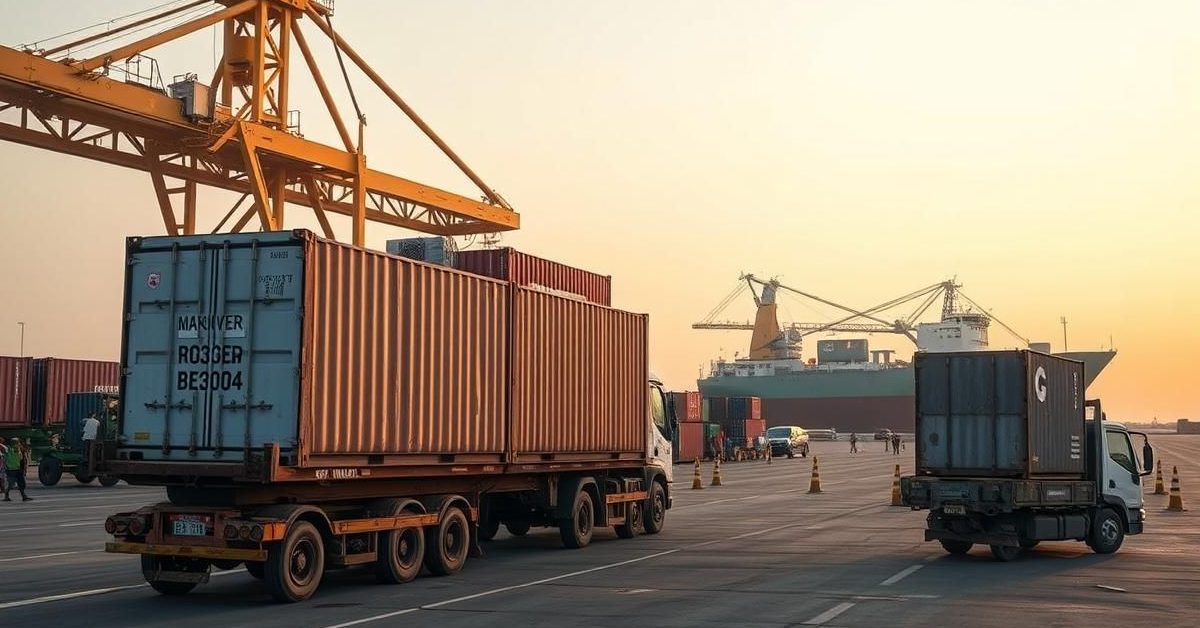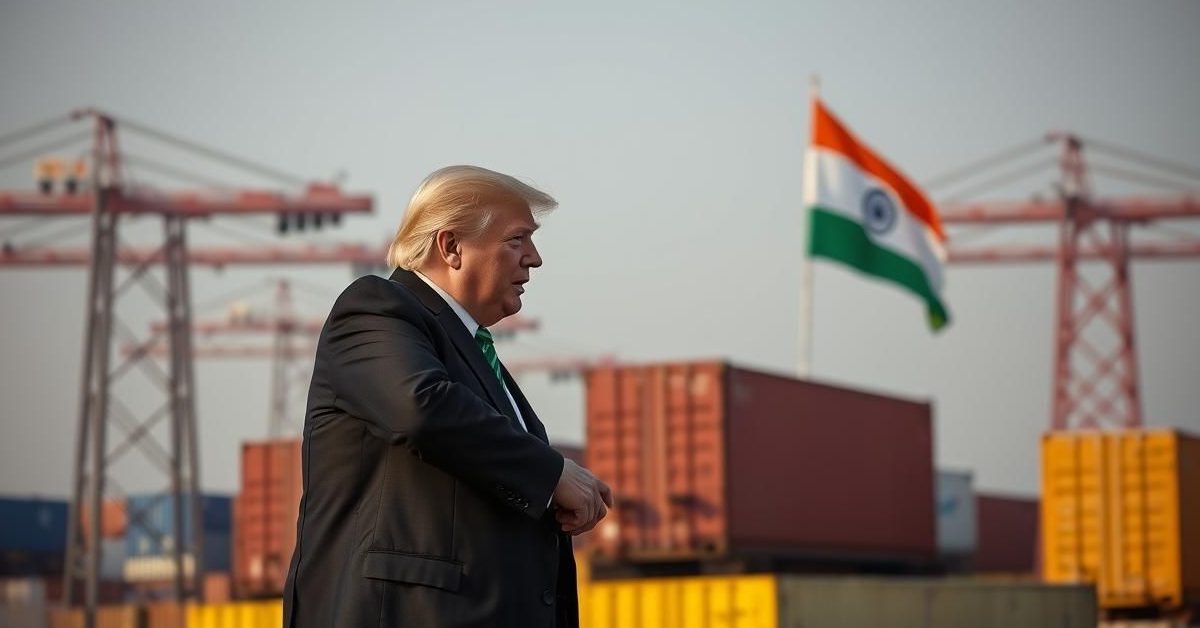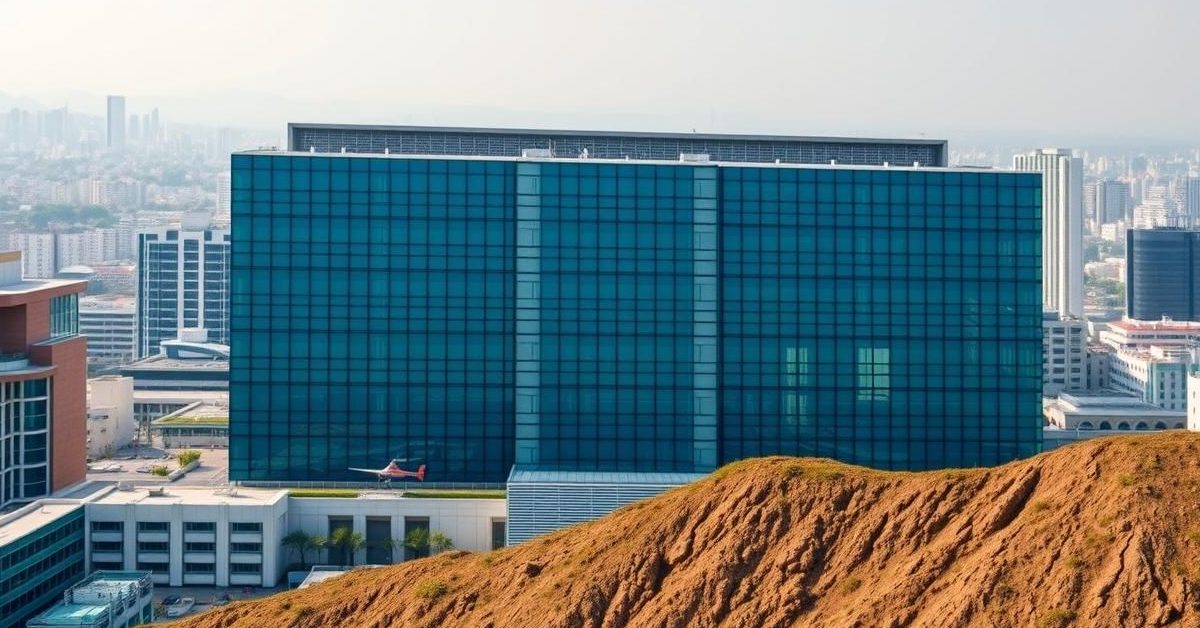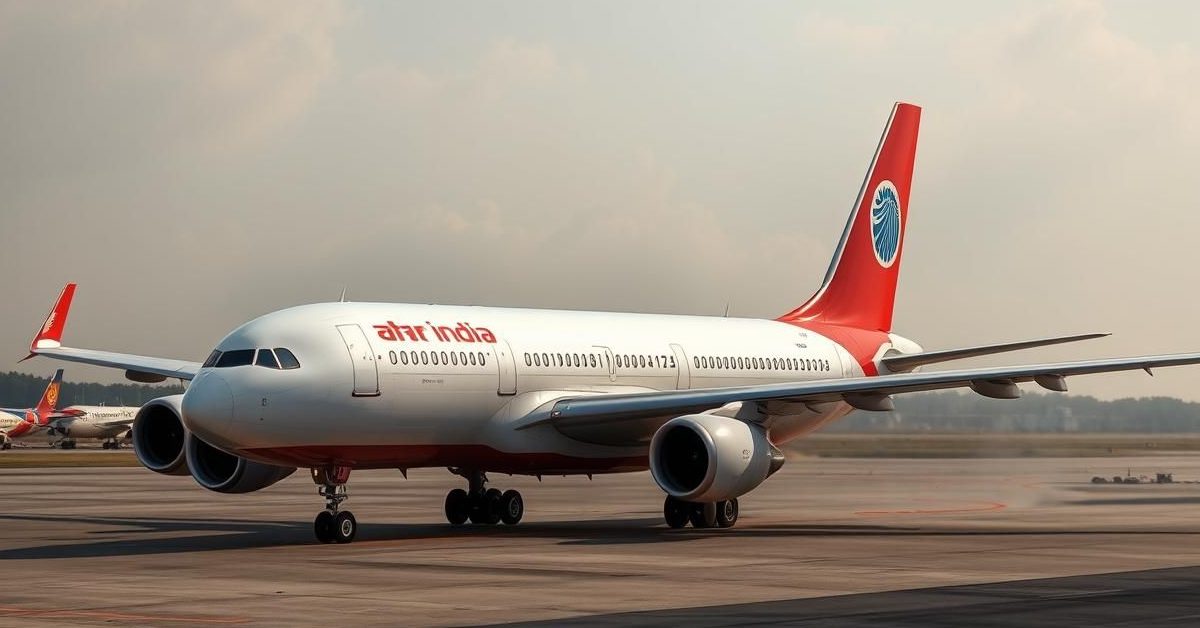A Covert Operation Uncovers Illicit Goods: India’s Determined Stance Against Smuggling
In a significant triumph for India’s vigilant anti-smuggling efforts, the Directorate of Revenue Intelligence (DRI), the principal intelligence and enforcement agency under the Ministry of Finance, has intercepted a staggering 39 containers. These containers, laden with 1,115 metric tonnes of goods valued at approximately Rs 9 crore, were confirmed to be of Pakistani origin, despite being deceptively routed through the United Arab Emirates (UAE). This decisive action underscores India’s unwavering commitment to fortifying its economic borders, especially in the wake of heightened geopolitical tensions.
The Unraveling: Post-Terror Crackdown and Trade Embargoes
This massive seizure directly links to the dramatic shift in trade policy that followed the tragic Pahalgam terror attacks. The Indian government swiftly responded by terminating direct trade with Pakistan, a move underscored by the closure of the Integrated Check Post (ICP) at Attari on April 24. Further cementing its resolve, a comprehensive ban on the direct or indirect import and transit of goods originating from or exported by Pakistan was enacted on May 2. These measures were designed to choke off economic avenues that could potentially be exploited by hostile elements.
“Operation Deep Manifest”: Piercing the Veil of Deception
To combat the persistent attempts to circumvent these crucial bans, the DRI launched a highly strategic intelligence operation codenamed “Operation Deep Manifest.” This targeted initiative aimed squarely at dismantling the illicit network involved in the illegal import of Pakistani-origin goods, primarily those being trans-shipped via third countries like Dubai, UAE. So far, this meticulous operation has led to the successful interception of the 39 containers. Further demonstrating the operation’s effectiveness, authorities confirmed the arrest of a partner from one of the importing firms on June 26, signaling a direct blow to the orchestrators of these clandestine schemes.
The Deceptive Trail: Smugglers’ Intricate Modus Operandi
Despite the stringent new regulations, certain unscrupulous importers displayed a brazen determination to bypass the policy. Their strategy involved the elaborate misdeclaration of goods’ origin and the manipulation of crucial shipping documents. In two distinct cases, these consignments were flagged and seized at the bustling Nhava Sheva Port. Investigations meticulously conducted by the Ministry revealed that while these shipments were falsely declared as originating from the UAE, their true provenance lay in Pakistan, merely trans-shipped through Dubai to obscure their identity for import into India.
The investigative trails meticulously uncovered by the DRI painted a clearer picture: cargo movements were traced from Karachi Port in Pakistan, with subsequent trans-shipments occurring at Jebel Ali Port in Dubai, before their final destination at various Indian ports. Even more alarmingly, the probes unearthed complex money transfers and financial linkages with Pakistani entities, raising profound concerns about potential illicit financial flows fueling these smuggling operations. The entire deceptive operation, as authorities revealed, was orchestrated through an intricate web involving both Pakistani and UAE nationals, all aimed at concealing the undeniable Pakistani origin of the goods.
A Broader Economic Canvas: India-Pakistan Trade Dynamics
This recent seizure also casts a spotlight on the volatile history of trade between India and Pakistan. According to estimates by the Global Trade Research Initiative (GTRI), a staggering $10 billion worth of Indian goods reportedly reach Pakistan annually via various trans-shipment hubs. The economic ties between the two nations have seen significant fluctuations, particularly following pivotal geopolitical events.
After the devastating 2019 Pulwama attack, bilateral trade experienced a sharp decline, plummeting from Rs 4,370.78 crore in 2018–19 to Rs 2,257.55 crore in 2022–23. However, a surprising rebound occurred in 2023–24, with trade values reaching Rs 3,886.53 crore – the highest in the preceding five years. This uptick, alongside the drastic reduction in total cargo movement (from 49,102 consignments in 2018–19 to just 3,827 in 2022–23), highlights the complex and often paradoxical nature of cross-border commerce amidst political tensions.
In dollar terms, annual India–Pakistan trade has consistently hovered around $2 billion over the last five years, a mere fraction of the substantial $37 billion trade potential estimated by the World Bank. India’s overall goods trade stands at an impressive $430 billion, dwarfing Pakistan’s approximately $100 billion.
Unveiling the Hidden Costs: Beyond Commerce
The current curbing of trade marks a stark departure from the late 1990s, when India proactively sought to boost bilateral commerce by extending Most Favoured Nation (MFN) status to Pakistan in 1996, leading to a surge in trading volumes. Pakistan, however, never reciprocated this gesture. The 2019 Pulwama terrorist attack ultimately led to India revoking Pakistan’s MFN status, signaling a profound shift in economic and diplomatic relations. These seizures serve as a stark reminder that in the realm of international trade, especially in sensitive geopolitical contexts, the movement of goods is never just about commerce; it is intrinsically linked to national security, policy adherence, and the unwavering resolve of nations to protect their interests.















